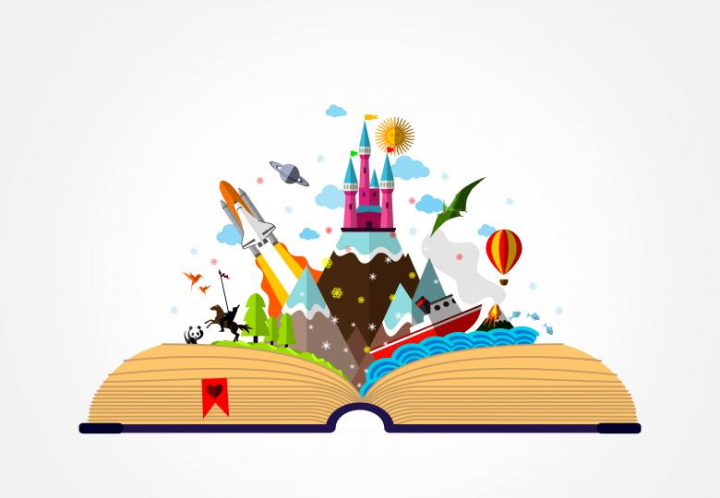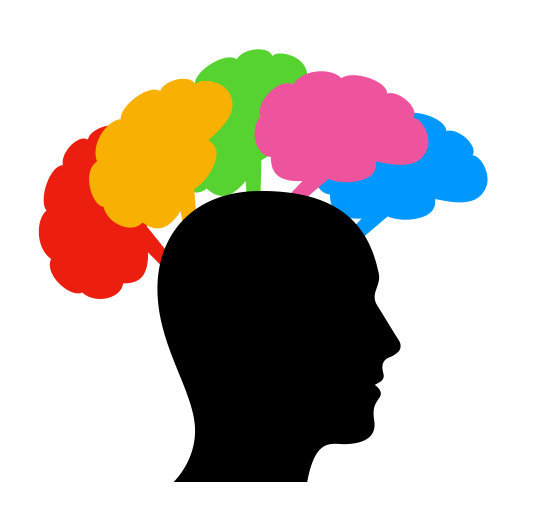Imagination related to Books
Imagination is a key component when it comes to reading books. It plays a crucial role in how readers engage with and interpret stories. Here are a few ways imagination is related to books:
Visualization: As readers engage with a book, they often visualize the settings, characters, and events described by the author. This mental imagery helps bring the story to life, making the reading experience more vivid and immersive.
Emotional Connection: Imagination allows readers to empathize with characters, experiencing their emotions and challenges. This emotional engagement can deepen the impact of a story, making it more memorable.
Interpretation: Books often leave certain aspects up to the reader's interpretation, whether it's the appearance of characters, the symbolism in the story, or the themes being explored. Imagination helps readers fill in these gaps and make the story their own.
World-Building: Especially in genres like fantasy and science fiction, imagination is crucial for constructing the worlds that authors describe. Readers use their creativity to expand on the details provided, creating a rich and detailed mental landscape.
Inspiration: Books can inspire readers to imagine new possibilities, question their perspectives, and explore new ideas. This can lead to creative thinking and even influence one's own creative pursuits, such as writing, art, or problem-solving.
In these ways, imagination enhances the experience of reading and allows individuals to engage with stories on a deeper level.







Comments
Post a Comment